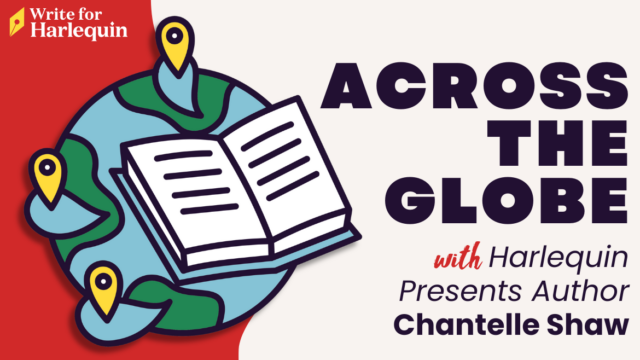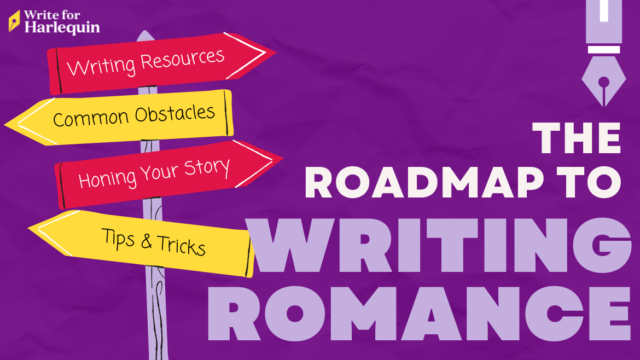Mary-Theresa Hussey participated in a Q&A in 2005–almost ten years ago!–and now offers up three of the Q&As as still being very relevant. Not a word was changed (though she wanted to tinker a bit, of course!), because the essential truths are still there. (though for accuracy’s sake, the website name was updated–times do change!)
How has the writing of romance novels changed over the years you’ve been editing? (And how long have you been editing romance?)
I’ve been with Silhouette/Harlequin since 1989—so you do the math! 🙂 I started out as an editorial assistant for Silhouette Romance, and have continued to work with core series since then. And there have been a lot of changes—internally and externally during that time period.
Certainly there’s been a rise in professionalism. RWA and other writing groups have promoted standards of submission and an awareness of the writing craft. Computers (I’m from the days of electric typewriters and carbon paper!) have made drafts and revisions so much easier. Critique groups have given authors an outside eye to get a reader’s response to the material. There’s more sophistication and variety in the stories, and more niches available to find the exact story you want to read.
On the other hand, sometimes the vitality of a story-teller has been polished out, and that can be a bit of a loss. A writer can be so focused on making the story pleasing to all the critics, that the essential magic doesn’t show through as much. Things that are risky or that take chances may be lost. Sometimes that is necessary for a story, but it’s a fine line as we still want to feel the vision of the story as well. And there’s such a plethora of options for publishing that it’s hard to keep up with all the reading and all the good books that are out there!
The stories, too, have changed, as the world and readership expectations have changed. The heroines are stronger, more independent, able to juggle life as well as love. The heroes have adapted to the modern times as well, and some of them are even willing to fix a meal or change a baby! The situations they deal with have changed also, to have more contemporary issues, dilemmas and troubles facing these characters.
Yet I don’t think the heart of the romance—the need to find someone to love and trust in, the vulnerability of opening your innermost self up to another’s eye, the fear that you can’t have it all, and the worry that someone might be taken away and the boundless emotion that rises as you grow close to another—has changed. The characters today have just as much to risk—and more often have known the pain of trying and losing—and so their nakedness (emotional and physical) is even more difficult to overcome.
Do you have tips for how an author can objectively determine what series her romance novel will fit into?
The best suggestion is to read, read, read. Read the bestselling authors of the lines, but also read the new authors to see the direction the line is moving on. Look at the length of the manuscript—is the story as tight as it needs to be? Are the subplots necessary? Where does it fit in the word count guidelines? What is the level of suspense? Is the focus on a couple, or the community; the relationship or the relatives? Are there many mainstream elements? What is the sensuality level of the manuscript? And what is the innermost theme and intention of the story? By looking at all of these points, you should be able to narrow down the series to one or two options and then do some more reading to find the correct one. Or ask another person to read the manuscript and help you figure it out. Of course, coming to our website at https://community.harlequin.com/ will also put you in touch with people willing to give support and advice. And when you think you’ve got it right, send it in, and we’ll help figure out if you were right!
What are some of the most common problems you see with submissions?
We don’t really advertise this, but we’re not as concerned with spelling and grammar mistakes—those we can generally fix, though we do prefer as many as possible cleared up. But the most common mistakes I see today are two sides to the same coin. Some stories are so focused on what the critique group, advisors, “rules” say, that all originality and uniqueness has been polished out. The story itself has all the correct elements in the correct order, but that joy in reading it, the vividness of the characters, the magic of telling the story, just doesn’t come through any more.
And on the other side, I also see stories that sprawl over ideas and lines and have far too many things in them. They haven’t been honed and concentrated, so the essential elements have a chance to shine through.
I also see authors looking for quick fixes. They will make a change to one element of the story, without reflecting on all the other elements that depend on that motivation and conflict and characterization and plot point. If only a quick fix like that was needed, it wouldn’t stop the editor from buying a book. Look at all the implications to the reader’s or editor’s concerns.
And I think rushing through things is also a problem. When you finish your story, set it aside for a while—a week, or two at the least. Then go back and try to read it with an objective eye. Can you spot the transition errors? The problems in characterization?
I think keeping your unique voice—the way you tell a story, the outlook of your characters, the themes that are consistent, though the plots change—is the most important thing you can do. But an author also has to learn to balance the essential voice with feedback from outside that allows a reader’s perspective to enter into the story. Knowing how to correct and tighten and hone the story to allow the voice to shine is so important, and so hard to achieve.
That delicate balance—creating a story of your own that others will understand and respond to—is the most difficult thing to do. I know I’ll never be a writer. But I am a reader, and hopefully will be able to keep helping authors find more readers.
And I guess one more concern is always focusing on just one project. We’re looking for authors to build careers and over the years I’ve seen writers polish and change and adapt and revise one manuscript until it’s bought, but then they aren’t able to sell another. Take the lessons you’ve learned by writing each manuscript and use them to improve the next story you’re going to tell. It’s important to always have new ideas, fresh characters and a surprise story waiting to be told!
Since that time characterization and stories have continued to advance, and self-publishing has given writers–and readers–even more options. But the advice still rings true we think!
Don’t forget to check out the Harlequin Community for more support with your project, see our Writing Guidelines, or check out Mary-Theresa on Twitter as @Matrice.
Happy reading and writing!




